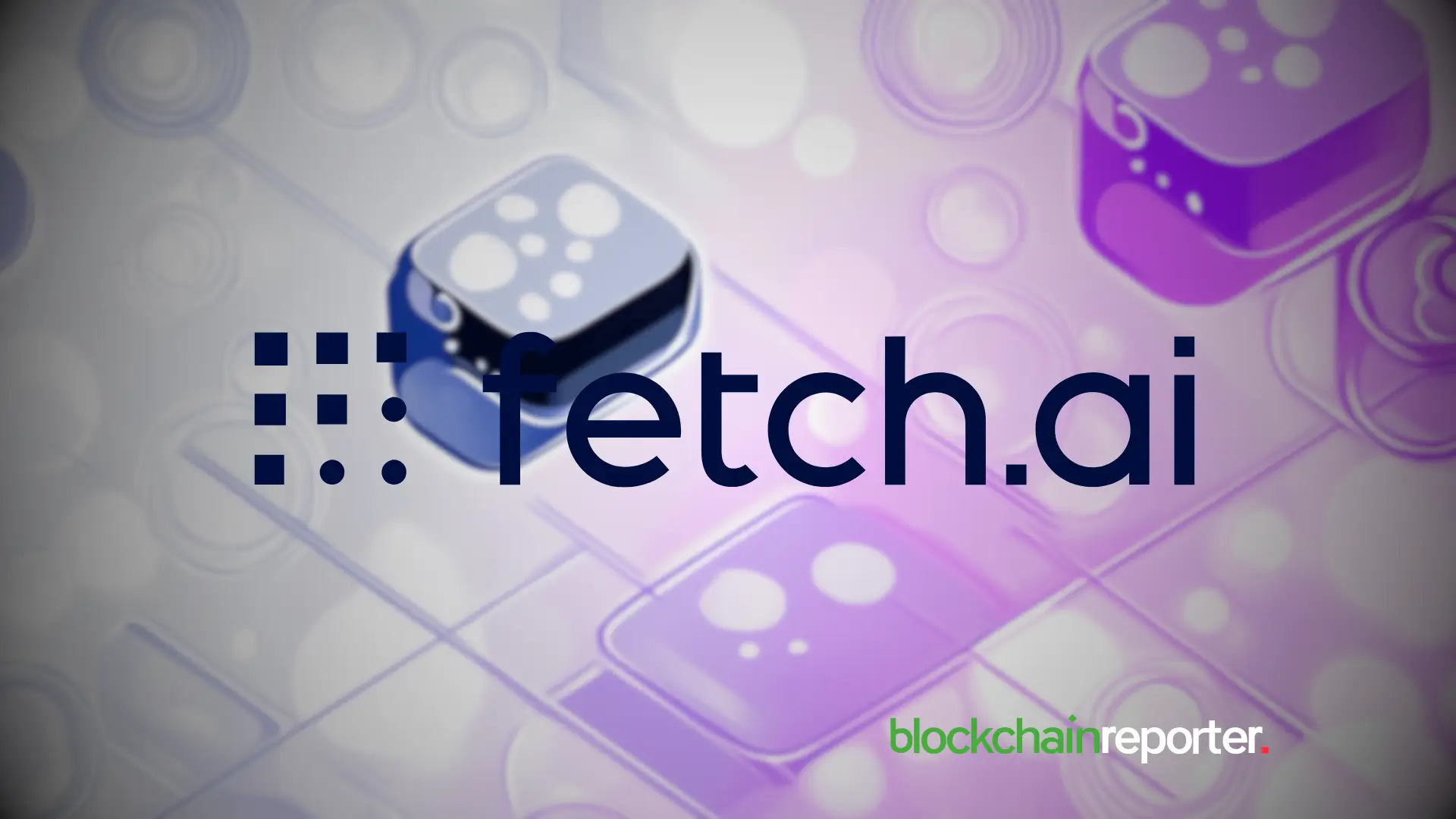Minima Collaborates with Fetch.ai to Add Data Integrity on Blockchain to Autonomous Agent Technology

Minima, leading Layer-1 blockchain protocol, has developed a strategic alliance with Fetch.ai, which is a disruptive company in the field of autonomous agent technology. Such collaboration relates to the integrity of data to intelligent autonomous systems, which may alter how AI agents engage with blockchain data.
The agreement will bring together Minima technology of Integritas and Fetch.ai ASI-1, which will lead to the need to transfer between the blockchain verification and the functions of the autonomous agent. This enables AI agents to read and authenticate information on the blockchain meaning that their actions are valid and reliable.
Integritas – The Foundation of Verifiable Data
Integritas is a key component of this partnership. The platform addresses a crucial issue in the age of AI ensuring data integrity and trust. Integritas employs stamping files, logs, and IoT readings straight onto the Minima blockchain, establishing an immutable record that can be verified immediately.
Integritas is distinct from its underlying architecture. The system, built on Minima’s protocol, reduces the demand for centralized servers by allowing nodes to be operated directly on mobile and IoT devices. This edge-computing solution allows all devices to operate as a full node, enabling them to reach consensus without relying on cloud infrastructure.
Users can receive immediate validation, either to ensure data integrity or to report changes, with a single API call. This feature significantly accelerates audit procedures, with organizations reporting completion rates that are up to five times faster than traditional approaches.
Autonomous Agent Ecosystem by Fetch.ai
Fetch.ai utilizes their unique large language model, which is explicitly agent-based AI applications. ASI-1 concept enables autonomous agents to carry out complex tasks, make decisions and communicate with various systems without such constant human oversight. Being operated within prescribed limits and evolving and evolving, these agents can handle anything, including supply chain optimization, down to financial transactions.
What makes this alliance particularly intriguing is the combination of autonomous intelligence and verified data sources. Introducing the concept of Integritas, the agents of Fetch.ai can obtain access to blockchain-validated data and reduce the threat of working with manipulated and fraudulent data, and this point is critical to enterprise applications.
Practical Applications Across Industries
Integration has many applications across various industries. Agents in a supply chain can authenticate the authenticity of products and track their movement, and each data point is cryptographically confirmed in blockchain. In IoT implementations, devices could generate and authenticate sensor data by itself and produce reliable streams of data to be used by smart city applications or industrial sensors.
This will have a significant impact on the financial services industry. Automated agents who transact or perform a compliance check may be able to mitigate fraud risk and may also ensure that regulatory compliance is maintained. The medical field can use technology to ensure integrity of patient data besides enabling AI-driven diagnostic tools to operate on validated medical information.
This partnership also reflects a larger trend in blockchain industry, a shift towards viable interoperable solutions that can make use of multiple technological capabilities. Companies are seeking solutions with transparency, security and automation all at the same time and the Minima-Fetch.ai connection would deliver such a complete stack, with data verification to intelligent decision making.
Conclusion
Minima-Fetch.ai collaboration supports one of the key requirements in the AI, which is reliable data sources to autonomic systems. They have combined blockchain verification and intelligent agents to create the solution that would create new standards of interaction between AI and verifiable information. With the application of these technologies in industries, the practical test will be implemented via production application, but the basis seems to be strong of a radical advancement in blockchain and artificial intelligence converging.
You May Also Like

Franklin Templeton updates XRP ETF filing for imminent launch

Eric Trump bets Fed rate cut will send crypto stocks skyrocketing
